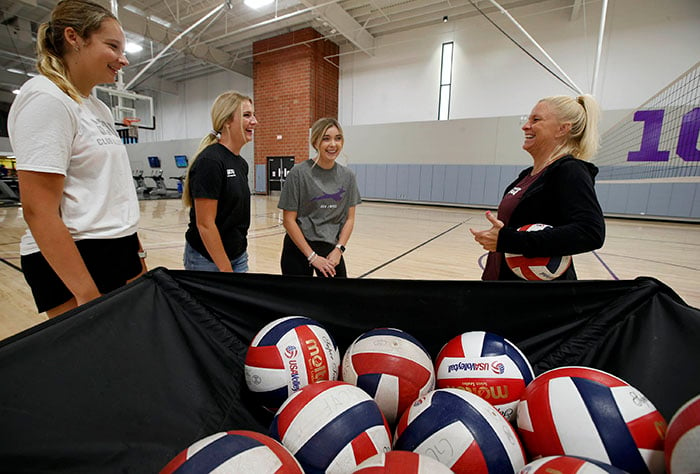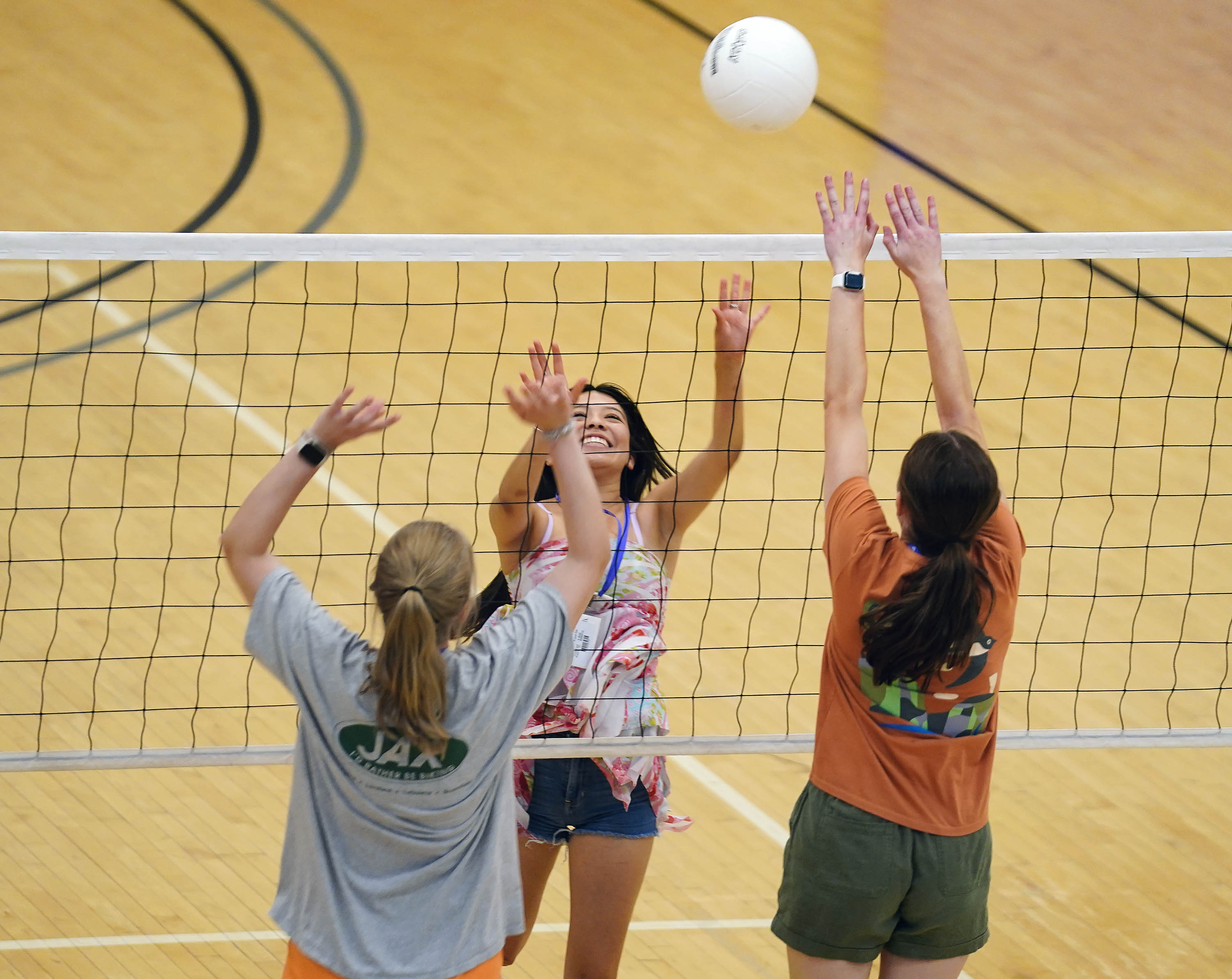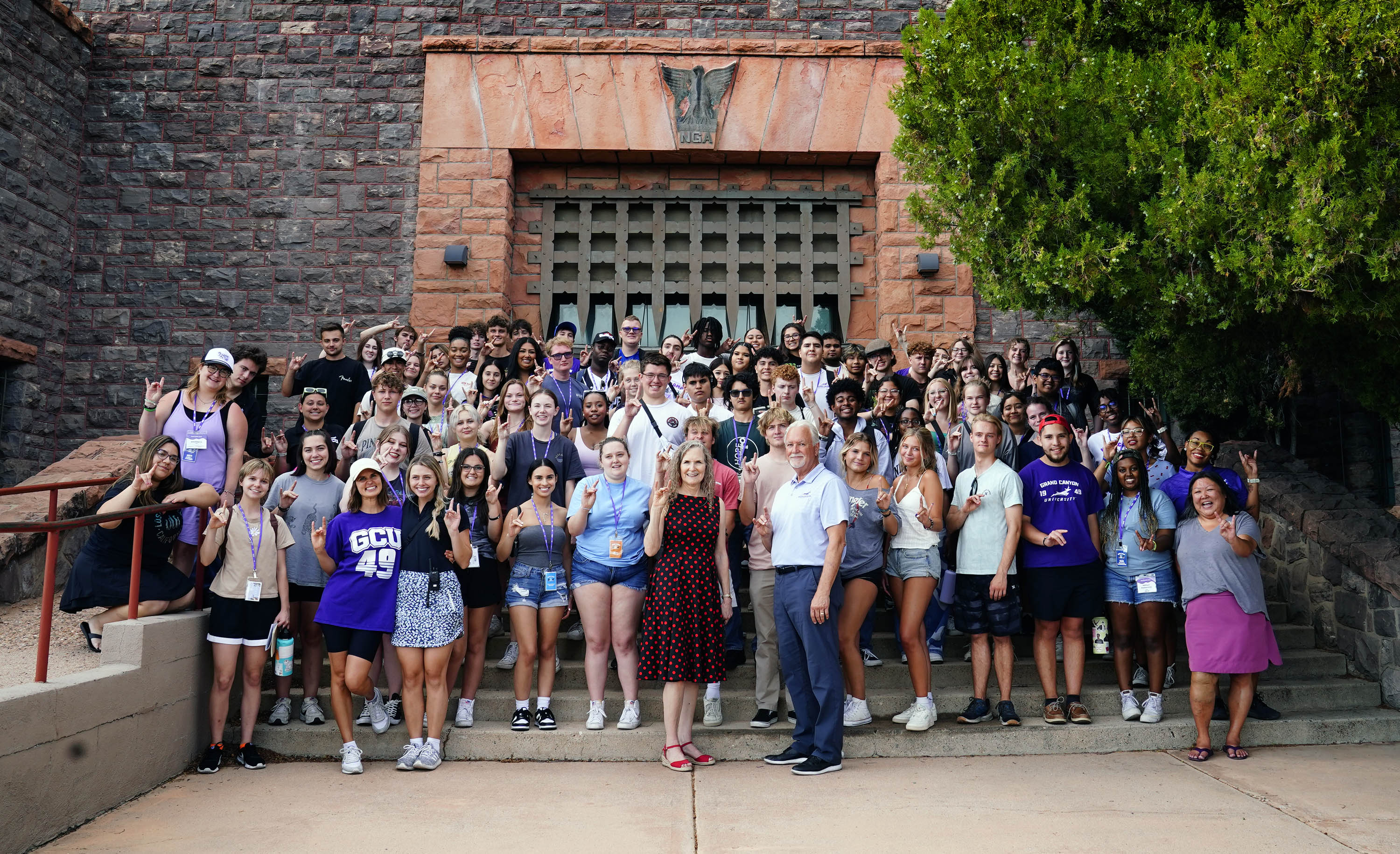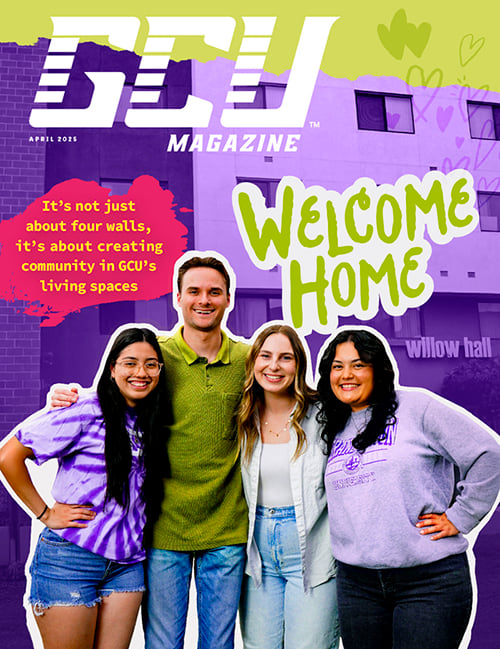
Earning a doctoral degree is daunting. Only 2-3% of the U.S. population has one.
That's why the College of Doctoral Studies (CDS) at Grand Canyon University recently unveiled the Qualitative and Quantitative Knowledge Base.
“We recognize that our students need time resources to really help ensure that they can move through our doctoral programs with intention,” CDS Assistant Dean Dr. Cynthia Bainbridge said. “It’s an extension of a lot of great resources we’ve already developed for our learners. We want to point them into the right direction.”
Doctoral chair Armando Paladino, who helped create and now oversees the quantitative side of the knowledge base, saw a need to help learners who don't have time to sift through other websites for hours.
“We realized the community we serve are primarily working adults," he said. "The Knowledge Base makes a place for somebody who has been working all day long to get to work on their assignments.”
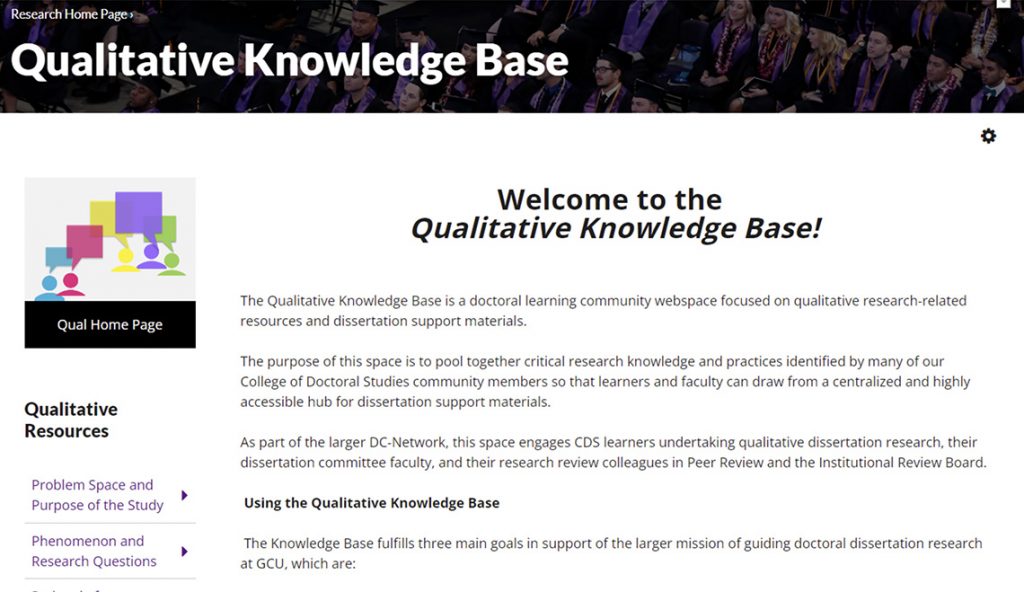
The website, which can be accessed through the Doctoral Community Network, was constructed with the philosophy of centralizing resources that will then facilitate the dissertation proposal process — one of the most intricate tasks of a doctoral degree.
The intelligence behind the site was designed to address such questions as:
What do our learners know?
How do we ensure that they have updated resources?
How can we make resources more accessible?
“It’s one of the first times that we’ve really been able to organize our content and resources,” CDS program manager Cat Lena said. “We’ve presented it in a format that students are more accustomed to, making it easier for students to access that information at any point of their dissertation journey. It’s user friendly and navigable.”
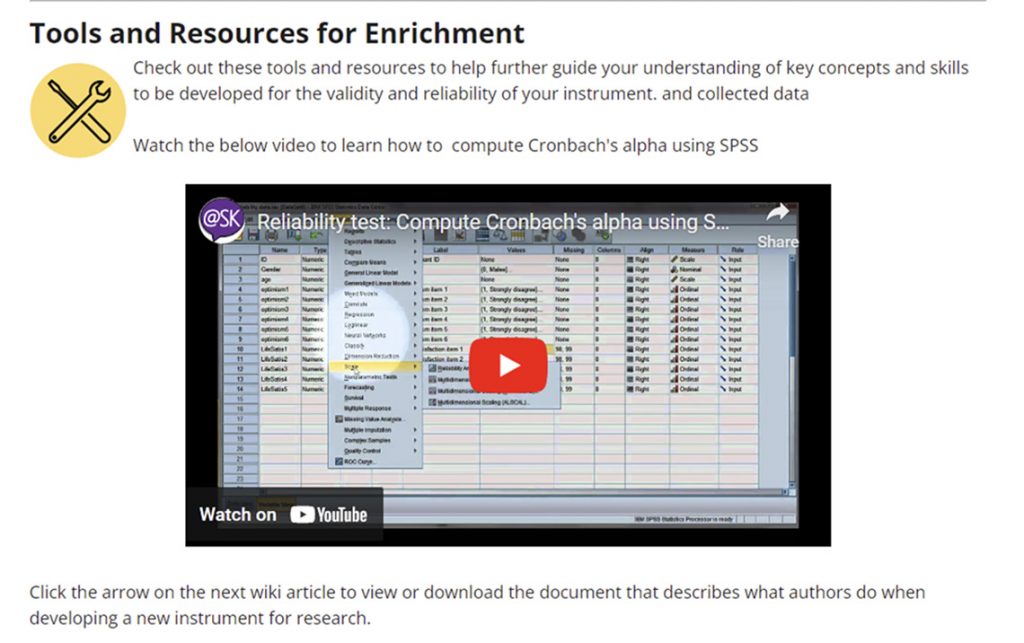
The Knowledge Base is basically a library of resources. It offers critical points and thoughts on how to organize a dissertation, a reference of key items to ensure that the work has been addressed properly, a formalized template and rubric to follow and a peer-review process the dissertation must pass through.
It also has an "immersive e-book," which features videos, worksheets, guidance documents, interview guides and additional resources if the learner needs extra help.
“There is something about organizing information that helps our diverse community speak the same language and organize thoughts,” Doctoral chair Kenneth Sherman said.
The Knowledge Base also impacts the CDS faculty's peer reviewers, chairs and methodologists.
“As faculty, we don’t claim to know everything, especially qualitative research,” assistant chair David Steffes said. “It’s just a vast universe. You can’t possibly know everything, and so we have to share our knowledge capitol. It’s the only way we can do our jobs effectively and expand our skillset.”
The CDS administration will track the website in the coming months to make sure it has improved learners’ dissertation writing and research process.
“Our goal here is to ensure that our learners can find what they need and complete their dissertation process with intention and purpose,” Bainbridge said. “There’s a lot to learn as they go through that process, but we want to ease that transition.”
Contact staff writer Lydia P. Robles at 602-639-7665 or lydia.robles@gcu.edu.
****
Related content:



